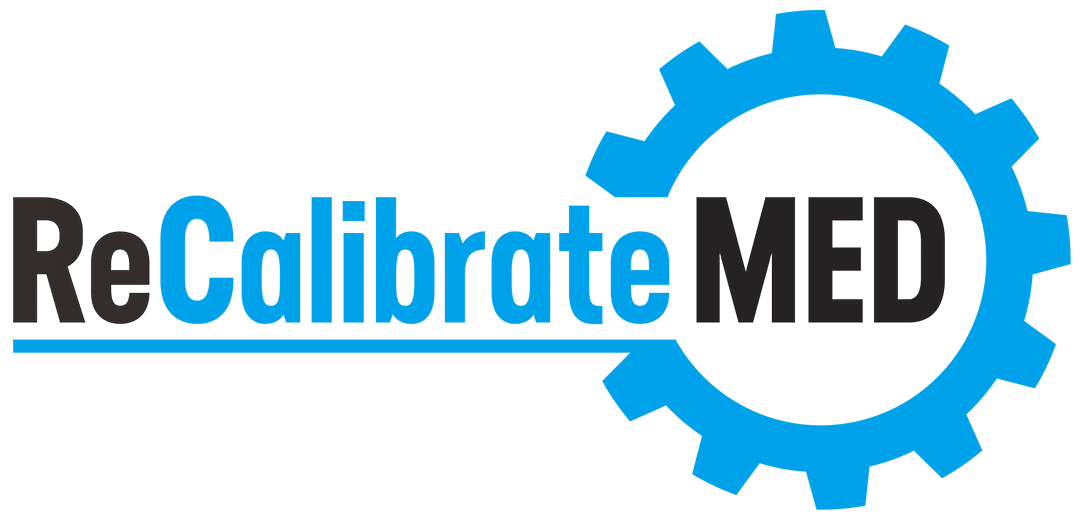Managing adrenal gland disorders is a complex process that requires a comprehensive treatment approach. One important aspect of treatment is hormone therapy, which plays a vital role in regulating hormone imbalances and alleviating the symptoms associated with these disorders. In this comprehensive guide, we will explore the role of hormone therapy in managing adrenal gland disorders and provide valuable insights for both patients and healthcare professionals.
Understanding Hormone Therapy
Hormone therapy involves the administration of synthetic hormones to restore the balance of hormones in the body. It is a form of medical treatment that can be used to address conditions such as adrenal insufficiency, Cushing’s syndrome, and adrenal tumors. By supplementing or replacing deficient hormones, hormone therapy aims to alleviate symptoms like fatigue, weight gain, mood swings, and muscle weakness.
Hormone therapy is usually administered in the form of pills, patches, creams, injections, or vaginal rings. The type of hormone therapy used will depend on the specific adrenal gland disorder being treated, the patient’s age, medical history, and overall health status.
There are different types of hormones used in hormone therapy, including estrogen, progesterone, testosterone, and cortisol. These hormones are synthesized in the laboratory and are designed to mimic the natural hormones produced by the body.
Hormone Therapy for Adrenal Gland Disorders
Hormone therapy is an effective treatment option for managing adrenal gland disorders. It is commonly used to treat conditions such as adrenal insufficiency, Cushing’s syndrome, and adrenal tumors.
Adrenal insufficiency occurs when the adrenal glands do not produce enough cortisol, a hormone that regulates the body’s response to stress. Hormone therapy for adrenal insufficiency involves the administration of synthetic cortisol to supplement the body’s natural cortisol levels.
Cushing’s syndrome, on the other hand, is a condition that occurs when the body produces too much cortisol. Hormone therapy for Cushing’s syndrome involves the administration of medications that suppress the production of cortisol in the body.
Adrenal tumors can also be treated with hormone therapy. If the tumor is benign, hormone therapy may be used to shrink the tumor and alleviate symptoms. If the tumor is malignant, hormone therapy may be used in conjunction with other treatments, such as surgery and radiation therapy.
Common Adrenal Gland Disorders Treated with Hormone Therapy
Hormone therapy is used to treat a variety of adrenal gland disorders. Some of the most common adrenal gland disorders treated with hormone therapy include:
Adrenal Insufficiency
Adrenal insufficiency occurs when the adrenal glands do not produce enough cortisol. This can cause symptoms such as fatigue, muscle weakness, weight loss, and low blood pressure. Hormone therapy for adrenal insufficiency involves the administration of synthetic cortisol, usually in the form of hydrocortisone, to supplement the body’s natural cortisol levels.
Cushing’s Syndrome
Cushing’s syndrome is a condition that occurs when the body produces too much cortisol. This can cause symptoms such as weight gain, muscle weakness, mood swings, and high blood pressure. Hormone therapy for Cushing’s syndrome involves the administration of medications that suppress the production of cortisol in the body.
Adrenal Tumors
Adrenal tumors can be either benign or malignant. Benign tumors may be treated with hormone therapy to shrink the tumor and alleviate symptoms. Malignant tumors may be treated with hormone therapy in conjunction with other treatments, such as surgery and radiation therapy.
Benefits and Risks of Hormone Therapy
As with any medical treatment, hormone therapy comes with both benefits and risks. The benefits of hormone therapy for adrenal gland disorders include:
- Alleviation of symptoms such as fatigue, weight gain, mood swings, and muscle weakness
- Restoration of hormone balance in the body
- Improved quality of life
However, there are also potential risks associated with hormone therapy, including:
- Increased risk of blood clots, stroke, and heart attack
- Increased risk of breast cancer and endometrial cancer
- Fluid retention and weight gain
- Mood changes and depression
It is important to discuss the potential benefits and risks of hormone therapy with your healthcare provider before starting treatment.
Finding the Right Hormone Therapy Treatment
Finding the right hormone therapy treatment for an adrenal gland disorder requires a personalized approach. The type of hormone therapy used will depend on the specific adrenal gland disorder being treated, the patient’s age, medical history, and overall health status.
In addition to hormone therapy, other treatments may also be necessary to manage adrenal gland disorders. These may include lifestyle changes, such as diet and exercise, and medications to manage symptoms such as high blood pressure or high cholesterol.
The Role of Hormone Therapy in Managing Symptoms
Hormone therapy can play an important role in managing the symptoms of adrenal gland disorders. By restoring hormone balance in the body, hormone therapy can alleviate symptoms such as fatigue, weight gain, mood swings, and muscle weakness.
However, it is important to note that hormone therapy is not a cure for adrenal gland disorders. It is a form of treatment that can help manage symptoms and improve quality of life.
Monitoring and Adjusting Hormone Therapy
Hormone therapy requires careful monitoring and adjusting to ensure that the treatment is effective and safe. Regular blood tests may be necessary to monitor hormone levels and adjust the dosage of hormone therapy as needed.
It is important to work closely with your healthcare provider to ensure that hormone therapy is optimized for your specific adrenal gland disorder and overall health status.
Alternative Treatments for Adrenal Gland Disorders
In addition to hormone therapy, there are also alternative treatments that may be beneficial for managing adrenal gland disorders. These may include:
- Acupuncture
- Yoga and meditation
- Herbal supplements
- Dietary changes
It is important to discuss any alternative treatments with your healthcare provider before starting them, as they may interact with hormone therapy or other medications.
Conclusion: The Importance of Personalized Hormone Therapy in Managing Adrenal Gland Disorders
Managing adrenal gland disorders requires a comprehensive treatment approach, and hormone therapy plays a vital role in regulating hormone imbalances and alleviating the symptoms associated with these disorders. By working closely with your healthcare provider to find the right hormone therapy treatment and monitoring the treatment carefully, you can regain control over your well-being and improve your quality of life. Call us today at (910) 420-0443.





